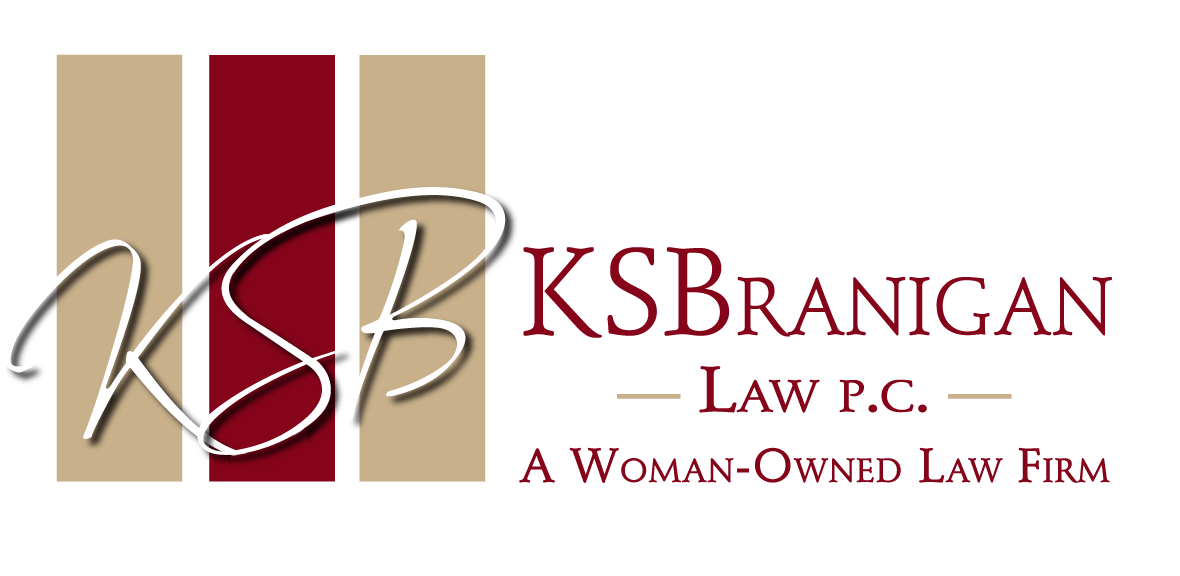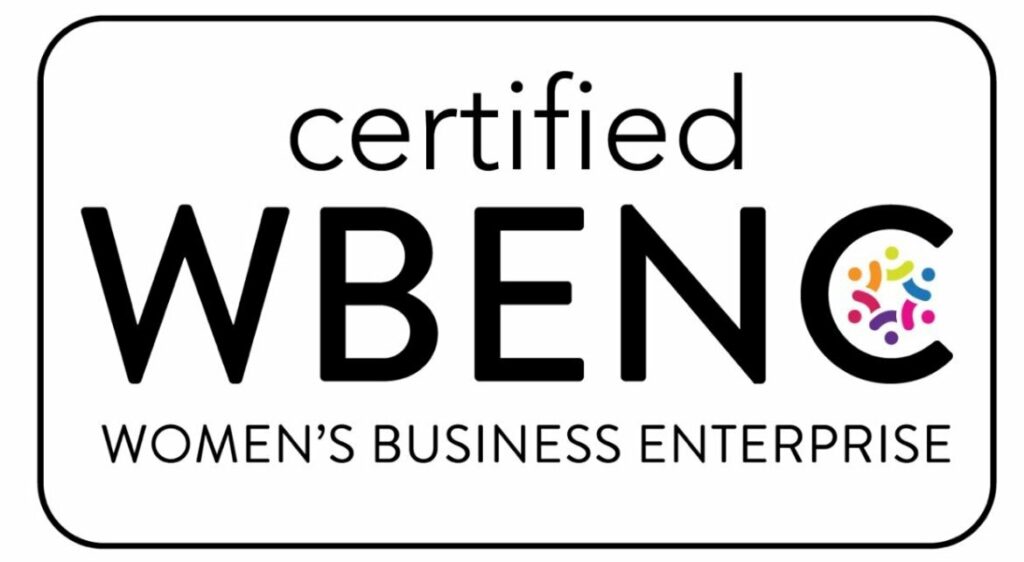On December 29, 2022, Congress enacted the Pregnant Workers Fairness Act (PWFA) and the Providing Urgent Maternal Protections for Nursing Mothers Act (PUMP Act), which expand workplace protections for pregnant or breastfeeding employees. The PUMP Act’s requirements took effect immediately, on December 29, 2022, although the changes to available remedies will take effect on April 28, 2023. The PWFA takes effect on June 27, 2023.
The PWFA
The PWFA applies to employers with 15 or more employees and makes it an unlawful employment practice to:
-
Not provide reasonable accommodations to a qualified employee’s known limitations related to pregnancy, childbirth, or related medical conditions unless the employer can demonstrate that the accommodation would impose an undue hardship on business operations;
-
Require a qualified employee affected by pregnancy, childbirth, or related medical conditions to accept an accommodation other than any reasonable accommodation determined through the interactive process;
-
Deny employment opportunities to a qualified employee if such denial is based on the employer’s need to provide a reasonable accommodation to the qualified employee’s known limitations related to pregnancy, childbirth, or related medical conditions;
-
Require a qualified employee to take leave, whether paid or unpaid, if another reasonable accommodation can be provided to address the qualified employee’s known limitations related to pregnancy, childbirth, or related medical conditions; or
-
Take adverse action in terms, conditions, or privileges of employment against a qualified employee because the employee requested or used a reasonable accommodation related to the employee’s pregnancy, childbirth, or related medical conditions.
The PWFA also includes express anti-retaliation provisions. Employees who request or receive an accommodation are protected from retaliation, coercion, intimidation, threats, or interference.
Private-sector employees whose rights are violated may obtain the same relief as that provided under Title VII, including reinstatement, back pay, front pay, compensatory damages, punitive damages, and the right to recover reasonable attorneys’ fees and costs.
Public-sector employees whose rights are violated may be entitled to relief similar to that under the Congressional Accountability Act, Title V of the United States Code, and the Government Employee Rights Act of 1991 (i.e., injunctive relief, monetary awards, attorneys’ fees, costs, reinstatement, promotion, or back pay, although no civil penalties or punitive damages may be awarded). States are not immune under the 11th Amendment to the Constitution from an action in a Federal or State court of competent jurisdiction for a violation of the PWFA.
Under the PWFA, the Equal Employment Opportunity Commission (EEOC) is required to issue regulations within two years that provide examples of reasonable accommodations addressing known limitations related to pregnancy, childbirth, or related medical conditions.
The PUMP Act
The PUMP Act amends the Fair Labor Standards Act (FLSA) and expands access to breastfeeding accommodations in the workplace to all employees covered by the FLSA, both exempt and non-exempt. Previously, a 2010 FLSA amendment required employers to provide non-exempt breastfeeding employees with reasonable break time and a private location (other than a bathroom) to express milk for one year following the birth of a child.
An employer with fewer than 50 employees is not subject to the PUMP Act’s requirements if such requirements impose an undue hardship by causing the employer significant difficulty or expense when considered in relation to the size, financial resources, nature, or structure of the employer’s business.
Crewmembers of air carriers are exempt from the law. The law covers rail carriers and motorcoach services operators, but there are some exceptions and delayed effective dates for certain employees.
The PUMP Act also provides expanded protections. It requires a covered employer to provide:
-
A reasonable break time for an employee to express breast milk each time the employee has need to express breast milk for the 2-year period beginning on the date on which the circumstances related to such need arise; and
-
A place that may be used by an employee to express breast milk, other than a bathroom, that is shielded from view and free from intrusion from coworkers and the public.
An employer is not required to compensate an employee receiving break time for any time spent during the workday for such purpose unless otherwise required by Federal or State law or municipal ordinance. However, if the employee is not completely relieved from duty during the entirety of the break, break time provided will be considered hours worked.
The PUMP Act does not excuse an employer from complying with any Federal or State law or municipal ordinance providing greater protections to employees than this law.
The PUMP Act also has a built-in dispute resolution provision in certain situations. Before an employee commences an action to recover liability for a violation of the PUMP Act, the employee must inform the employer of the failure to provide an adequate place to express breast milk and provide the employer with 10 calendar days to comply. This dispute resolution provision appears to apply only to the employer’s obligation to provide an adequate place to express breast milk and not the obligation to provide break time. Additionally, the dispute resolution prerequisite does not apply if: (1) the employee has been discharged because the employee made a request for break time or place or opposed any employer conduct related to the PUMP Act’s requirements; or (2) the employer indicates that it does not intend to comply with the PUMP Act’s requirements.
The PUMP Act’s requirements apply if the employee: (1) begins providing breast milk for a nursing child; or (2) gives birth, including to a stillborn child or a child over whom the employee does not retain legal custody.
The PUMP Act clarifies that employees whose rights are violated may be entitled to the same damages available under other FLSA provisions, including the payment of unpaid wages, reinstatement, back and front pay, and liquidated damages.
The PUMP Act empowers the Secretary of Labor to issue guidance with respect to employer compliance.
NJ LAD Protections under Pregnant Workers’ Fairness Act
With a few exceptions, protections under the Federal PWFA are similar to those protections under the New Jersey Pregnant Workers’ Fairness Act, which amended the New Jersey Law Against Discrimination (NJ LAD) in 2014. In 2022, an amendment to the NJ LAD expanded lactation accommodation protections to employees who are surrogates or who have experienced a pregnancy loss by replacing the term “breastfeeding women” with “lactating employees.” (A795).
The main differences between the Federal and State laws pertain to the covered employees and the protection periods. While the PWFA applies to employers with 15 or more employees, the NJ LAD applies to virtually all employers, including those with less than 15 employees. Additionally, the PUMP Act provides protections for up to 2 years, whereas the New Jersey law contains no express time limit but has generally been interpreted to extend beyond a year.
Nonetheless, the majority of the requirements between the Federal law and NJ law are very similar. Like the PUMP Act, the NJ LAD requires employers to provide reasonable unpaid break time and a suitable location for breastfeeding. Also, an employer is not required to compensate the employee for break time under the NJ LAD unless the employer is already providing paid break time and the employee chooses to use that break time to express milk. An NJ employer is also prohibited from penalizing, discriminating, or retaliating against an employee for requesting a pregnancy or breastfeeding accommodation.
Under the NJ LAD, employers are likewise required to reasonably accommodate an employee’s request for breastfeeding-related accommodations, including breaks and an appropriate space to express breast milk, unless the employer can demonstrate that a specific accommodation would be an undue hardship on its business operations. Similar to the Federal law analysis, to determine under the NJ LAD whether an accommodation would impose undue hardship on the operation of an employer’s business, the factors to be considered include:
-
The overall size of the employer’s business with respect to the number of employees, the number and type of facilities, and the size of the budget;
-
The type of the employer’s operations, including the composition and structure of the employer’s workforce;
-
The nature and cost of the accommodation needed, taking into consideration the availability of tax credits, tax deductions, and outside funding; and
-
The extent to which the accommodation would involve the waiver of an essential requirement of a job as opposed to a tangential or non-business necessity requirement.
Employers are not permitted to evaluate a reasonable accommodation request for pregnancy or breastfeeding “in a manner less favorable than accommodations or leave provided to other employees not affected by pregnancy or breastfeeding but similar in their ability or inability to work.”
Take Aways
To ensure compliance with both Federal and NJ State laws applicable to pregnant and breastfeeding employees, employers are urged to consider:
-
Reviewing and revising accommodation policies to include any new requirements;
-
Training HR professionals, supervisors, and managers on how to respond to requests and engage in the interactive process;
-
Developing and implementing a process for requesting accommodations and training employees on how to follow this process to request accommodations;
-
Updating policies and practices regarding breastfeeding, break time, and timekeeping; and
-
Creating a private space for breastfeeding employees to express breast milk. If an employe does not work in a private space or office shielded from public view, consider setting aside an existing room to be used by employees who need to express breast milk that is private and available when needed.
Employers should also ensure that human resources, supervising, and management employees are properly trained on the laws and kept apprised of any changes and new requirements.
This summary is for informational purposes only and is not intended to constitute legal advice. This information should not be reused without written permission from KSBranigan Law P.C.


